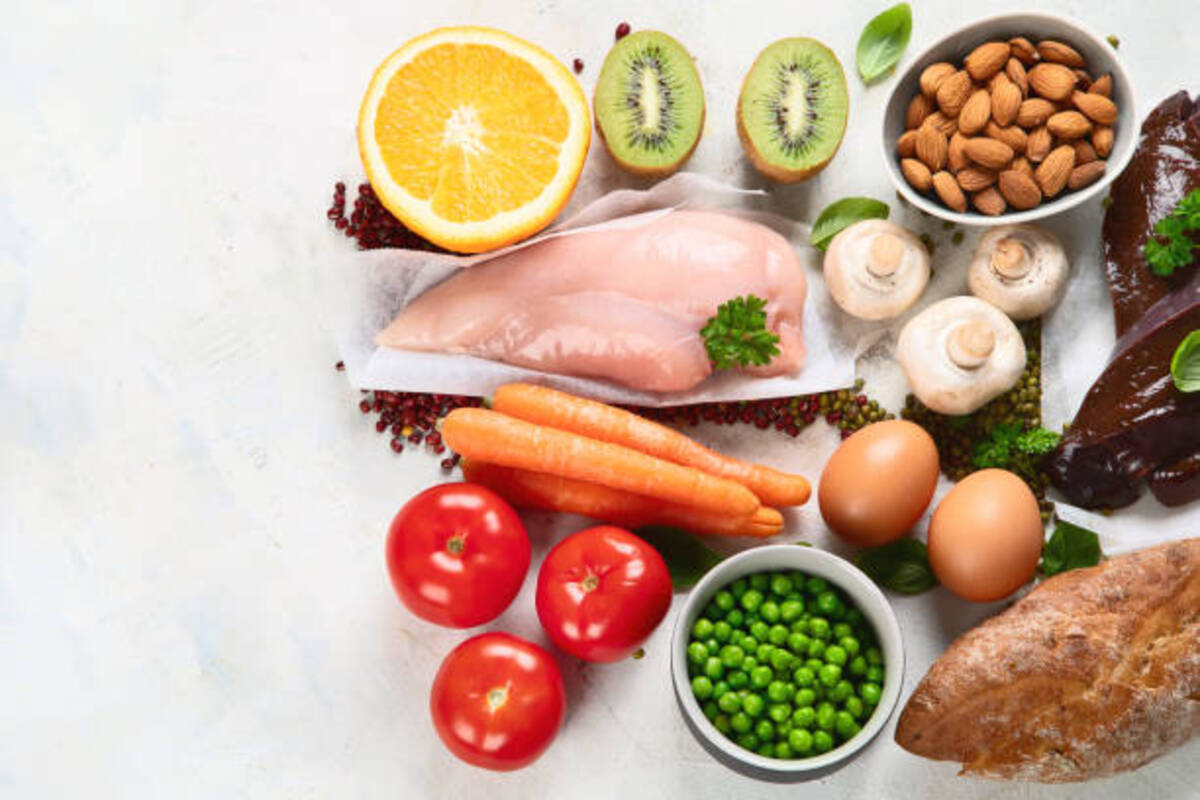Patanjali Vermicelli: A healthy, delicious twist to your favorite meals
Patanjali Vermicelli is made from high-quality wheat, offering a healthy, chemical-free alternative for creating delicious, nutritious meals that your family will love.
Niacin is an essential nutrient that you mainly need to get from foods. Your body may also convert some tryptophan, one of the body’s amino acids, into a nutrient.
SNS | New Delhi | February 24, 2022 3:20 pm

Foods High In Niacin
Vitamins and Minerals are essential components of our body. If we lack any vitamins or minerals then we pay for them through our health.
Vitamin B3, well known as vitamin B3 complex is one of the eight essential water-soluble vitamins. The term complex denotes the three forms of the B3 vitamin which are niacin (nicotinic acid), nicotinamide (niacinamide), and nicotinamide riboside.
Advertisement
These three forms of vitamin B3 are converted within the body to synthesize Nicotinamide Adenine Dinucleotide (i.e. NAD), and it is almost impossible to get NAD without any of the B3 vitamins or an essential amino acid tryptophan.
Advertisement
You typically get the vitamin through the foods you eat. Some people take a niacin supplement to ensure they’re getting enough. Others may use prescription niacin to manage health conditions.
Why Do You Need Niacin?
Niacin is an essential nutrient that you mainly need to get from foods. Your body may also convert some tryptophan, one of the body’s amino acids, into a nutrient.
Since it’s a water-soluble vitamin, your body doesn’t store niacin. It excretes any excess of the vitamin through your urine. It’s important to regularly consume foods with niacin to ensure you’re getting enough every day.
The amount of niacin you need varies based on your age and sex. For instance, adult women over the age of 18 need 14 mg while adult men need 18 mg. Women who are pregnant or breastfeeding need 18 mg and 17 mg respectively.
While uncommon in Western countries, it is possible to develop a niacin deficiency. Symptoms include:
Untreated, it can lead to a condition called pellagra.
Like other B vitamins, niacin plays a role in many functions throughout your body. The body uses it for such things as proper nervous system functions and metabolism.
Food Sources
Like any other water-soluble vitamin, this vitamin B3 complex also gets washed away from the body, hence one should consume a diet rich in vitamin B3 food options to prevent the deficiency syndromes. Vitamin B3 is not only found in a variety of processed and fortified foods and energy drinks but also in innumerable natural food sources which suffice the daily Vitamin B3 requirements of the body.
The most prominent sources of vitamin B3 are:
Advertisement
Patanjali Vermicelli is made from high-quality wheat, offering a healthy, chemical-free alternative for creating delicious, nutritious meals that your family will love.
Consult your doctor, follow his/her advice, take medicine if needed and change your lifestyle— these are the mantras to be followed to enjoy a good and healthy life, said Dr Subhasis Ganguly.
Very similar to quinoa, amaranth grains are small, light-colored, and very convenient to cook.
Advertisement
